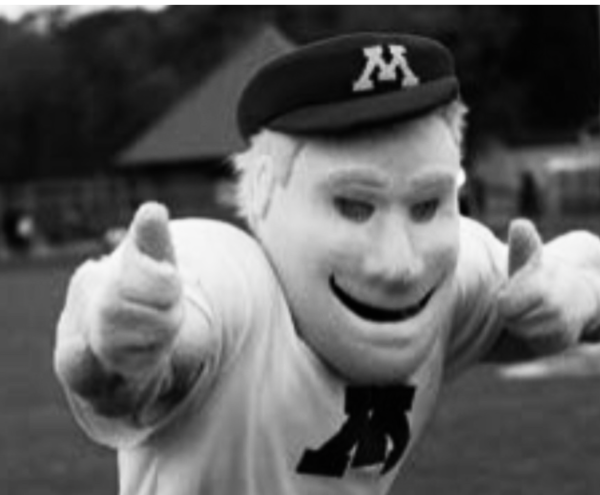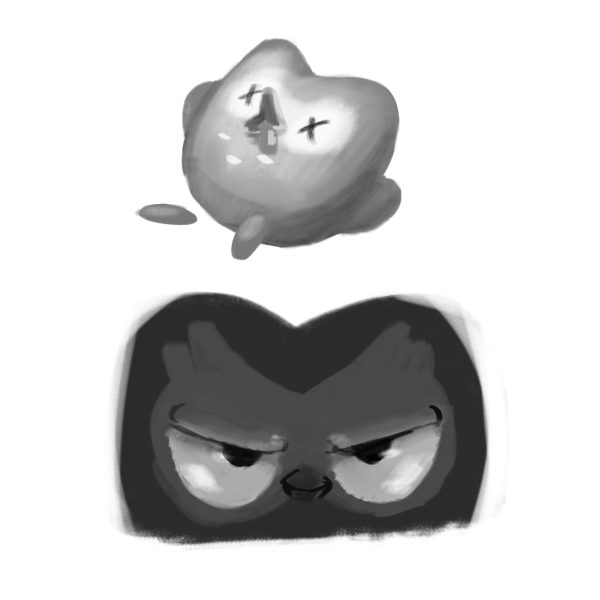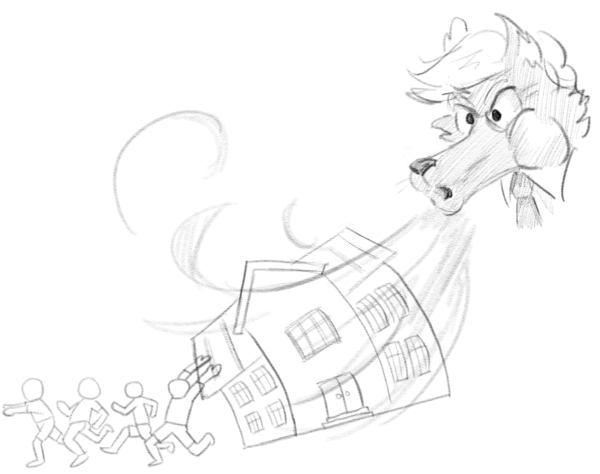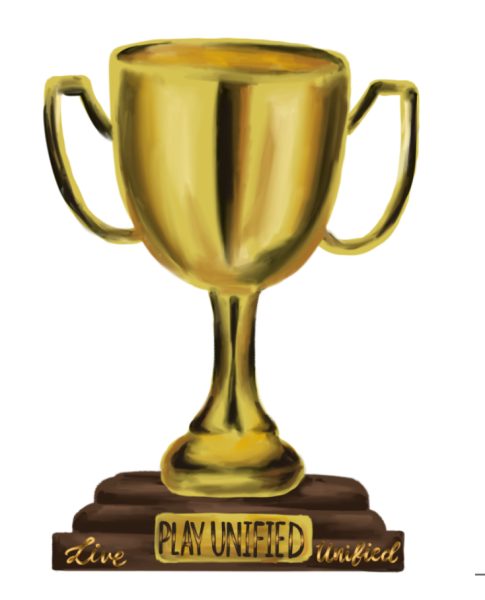Hey, Hey, Ho, Ho, This Racist Name Has to Go!
Protesters crowded today at the Vikings-Redskins game. No, it was not because America copyrighted the name “football” from European fútbol, though I would most definitely protest that as a soccer player myself. Nor was it mothers demanding safety for their children because football is basically people running at each other full speed and colliding. It was because of the Redskins mascot, Zema Williams (a.k.a. Chief Zee), an African American man who has attended games since 1978 dressed in a red, faux “Indian” costume.
The controversial name and logo of the Washington Redskins football team has sparked intense debate throughout the country. Currently, there are twenty-three Native American tribes and more than fifty organizations demanding a changed name. These people believe, along with proven research from social sciences, that sports mascots and images are more than entertainment. They are important symbols with deeper psychological and social effects. The use of a Native American as a football mascot, a sport most definitely not indigenous to Native American tribes, further extends the historical conquest, forced relocation, and organized efforts by federal and state governments to eradicate native cultures and conform them. Furthermore, Native Americans opposed mascots due to the oversimplification of their culture by fans “playing Indian” without grasping the meaning behind feathers, face paint, chants, and dancing. Effectively, I think these protestors are saying, “Don’t put me in your box.”
There is support, however, for the continued use of the Redskin’s name. This has come from the team’s owners and a majority of fans (including some Native Americans). Their argument is that the name honors the achievements and virtues of Native Americans, not in a negative manner. There has also been evidence presented that the name “Redskins” is used by three high school teams, two of which reside on Native American reservations. Based on a public opinion poll in a 2004 Annenberg Public Policy (a highly respected surveying organization) study, 90% of those who self-identified as American Indians answered that they were not upset by the name “Redskins.”
Yet, it remains that a substantial number of people and organizations are upset by the Redskins. Some wore burgundy t-shirts with gold lettering and mimicked the teams logo with the words “Rethink” and “Rename.” Others shouted, “We’re not mascots!” Whether you side with the protestors or supporters of the Redskins logo and name, it seems that this debate has only just began.





































